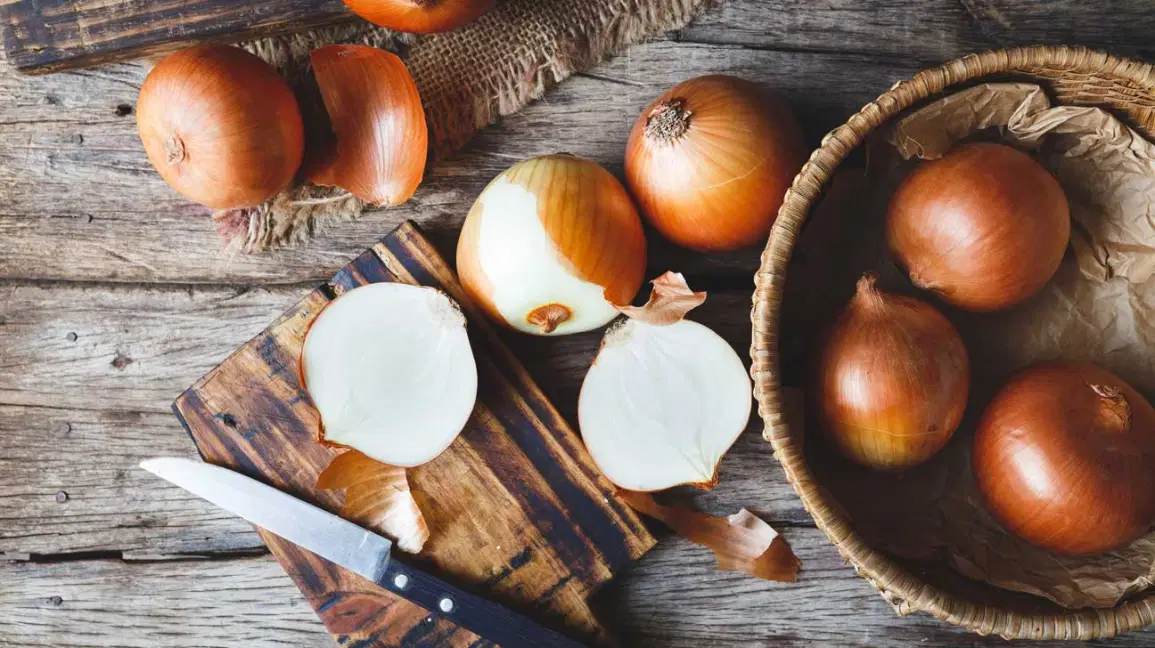Onions, garlic, shallots, and leeks are all members of the Allium genus. The average person consumes 20 pounds of this strong vegetable annually, whether they eat it raw, cooked, pickled, or powdered. Onions come in a wide range of colors, including yellow, red, white, purple, Spanish, and Vidalia. Onions have been proven to have the therapeutic potential to reduce inflammation, lower blood pressure, and enhance blood sugar control due to their sulfur-containing components and antioxidants, such as quercetin. According to Healthline and WebMD, here are types of people who should eat raw onions regularly during their lifetime.
1. Those who have heart problems and stroke.
Onions include anti-inflammatory, triglyceride and cholesterol-lowering antioxidants and substances that may minimize the risk of heart disease. Their strong anti-inflammatory effects could also lower blood pressure and prevent blood clots. The flavonoid antioxidant quercetin is found in high concentration in onions. Its strong anti-inflammatory properties could aid in reducing heart disease risk factors like high blood pressure.
Organic sulfur compounds help lower cholesterol levels in the body and may also assist dissolve blood clots, reducing your risk of heart disease and stroke. To acquire the most sulfur compounds from onions, consume them raw as opposed to cooked.
READ ALSO: BECKY LUCAS HEIGHT, WEIGHT, NET WORTH, AGE, BIRTHDAY, WIKIPEDIA, WHO, NATIONALITY, BIOGRAPHY | READ
2. People with cancer.
Uncontrolled cell development is a characteristic of the prevalent illness of cancer. It is one of the main causes of death worldwide. Many varieties of onions are rich in compounds that aid in the fight against cancer. One of the most abundant food sources of a substance known as quercetin, which is believed to prevent the activity or production of substances thought to cause cancer, is onions. A lower chance of getting lung cancer has been linked to a diet high in quercetin.
3. Diabetes.
Onions are a beneficial vegetable choice for people with diabetes since they include the antioxidant quercetin as well as organic sulfur compounds that are known to boost the synthesis of insulin.








